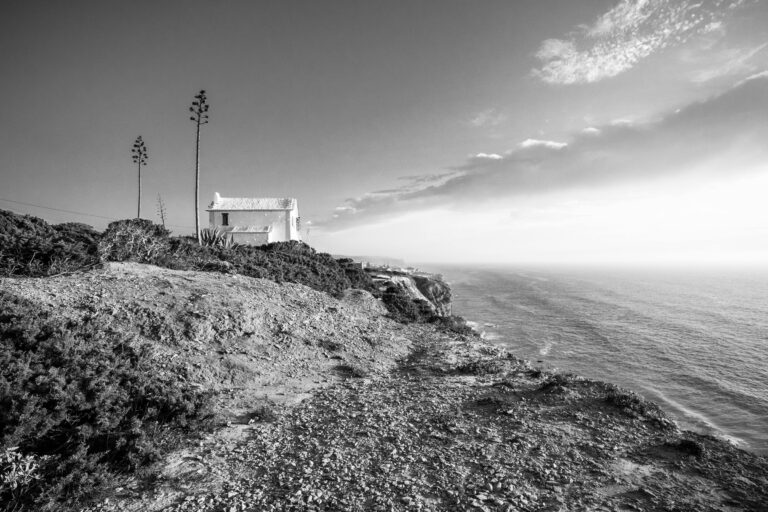Introduction: Making Beaches Accessible to All
Table of Contents
In the realm of travel and leisure, accessibility remains a significant challenge for individuals with disabilities. For those with visual impairments, navigating typical tourist destinations, especially beaches, can be particularly daunting. However, an innovative initiative known as Blind Beach in Italy, spearheaded by Marilena Carulli, is breaking down barriers and making it possible for the visually impaired to enjoy the beauty of the coastline.
This article explores the concept of Blind Beach, its origins, and the transformative impact it is having on inclusive tourism in Italy.
The Birth of Blind Beach: Marilena Carulli’s Vision
Inspiration Behind the Initiative
Marilena Carulli, an advocate for accessibility and inclusion, recognized the need for creating safe, welcoming spaces where visually impaired individuals could experience the freedom and relaxation that beaches offer.
Driven by her passion for social inclusion and equality, Carulli founded Blind Beach, an initiative designed to offer visually impaired individuals a chance to enjoy the sun, sand, and sea like everyone else. Her mission is simple: to promote equal access to recreational activities for people with disabilities, particularly in the tourism sector.
Location and Facilities
Blind Beach is located in Torre Canne, a popular seaside destination in the Puglia region of southern Italy. This beach is equipped with a range of specialized facilities to accommodate the visually impaired, providing a sense of freedom and independence for those who might otherwise struggle to navigate such an environment.
The beach includes:
- Tactile paths leading from the beach entrance to the water, allowing individuals to feel their way along the sand.
- Specialized beach chairs that can easily move across the sand and into the water.
- Audio cues and Braille signage that provide important information, helping visitors orient themselves.
How Blind Beach Works: The Accessible Experience
Sensory Experiences
At Blind Beach, the focus is on creating a rich sensory experience that compensates for the absence of sight.
- Soundscapes: The sound of waves and wind is used to create an atmosphere of relaxation and guidance, while specialized sound systems help guide visually impaired individuals through various areas of the beach.
- Tactile Maps: Tactile maps are available, allowing visitors to feel the layout of the beach, locate essential facilities, and navigate with confidence.
- Scent Gardens: Certain areas of the beach feature scent gardens with aromatic plants, helping to engage visitors’ sense of smell.
Guidance and Support
In addition to specialized infrastructure, trained staff are available on-site to assist with any additional needs visitors may have. From helping them find their way to providing information about the local surroundings, these assistants ensure that the visually impaired can enjoy their time at the beach safely and independently.
Marilena Carulli’s Advocacy for Inclusive Tourism
Pioneering Accessible Travel
Marilena Carulli’s initiative is a pioneering step toward making tourism more accessible for everyone. Her work has sparked important conversations about the need for inclusive spaces, not only in Italy but also globally. Blind Beach represents a move toward equality and dignity for people with disabilities, ensuring that they, too, can experience the joys of travel and leisure.
Recognition and Impact
The Blind Beach project has gained widespread recognition for its innovative approach and has become a model for similar initiatives around the world.
Carulli’s leadership and dedication to inclusivity shine through Blind Beach, exemplifying how public spaces can accommodate everyone, regardless of ability.
The Future of Blind Beach and Accessible Tourism
Expanding the Concept
Marilena Carulli envisions the Blind Beach model being replicated in other parts of Italy and beyond. By raising awareness of the needs of visually impaired tourists, she hopes to inspire similar projects that make public beaches and tourist attractions more accessible on a global scale.
Efforts are already underway to expand the concept to other coastal regions in Italy, making Blind Beach not just a destination but a movement toward inclusivity in tourism.
Raising Awareness
Carulli continues to advocate for greater awareness of the challenges faced by visually impaired individuals when traveling. Through public speaking engagements, partnerships with tourism agencies, and collaboration with accessibility experts, she is driving a conversation that encourages the travel industry to embrace inclusivity as a standard, not an exception.
Conclusion: A Visionary Step Toward Inclusive Beaches
Blind Beach in Italy is more than just a physical space; it is a symbol of inclusivity, equality, and dignity. Thanks to Marilena Carulli’s vision, visually impaired individuals now have the opportunity to experience the joy of a beach vacation without barriers. By creating a space that prioritizes accessibility, Blind Beach serves as a model for the future of tourism—one that embraces all people, regardless of their physical abilities.
As the initiative continues to expand, it offers a glimpse of a more inclusive world where everyone, no matter their ability, can share in the beauty of travel and leisure.







